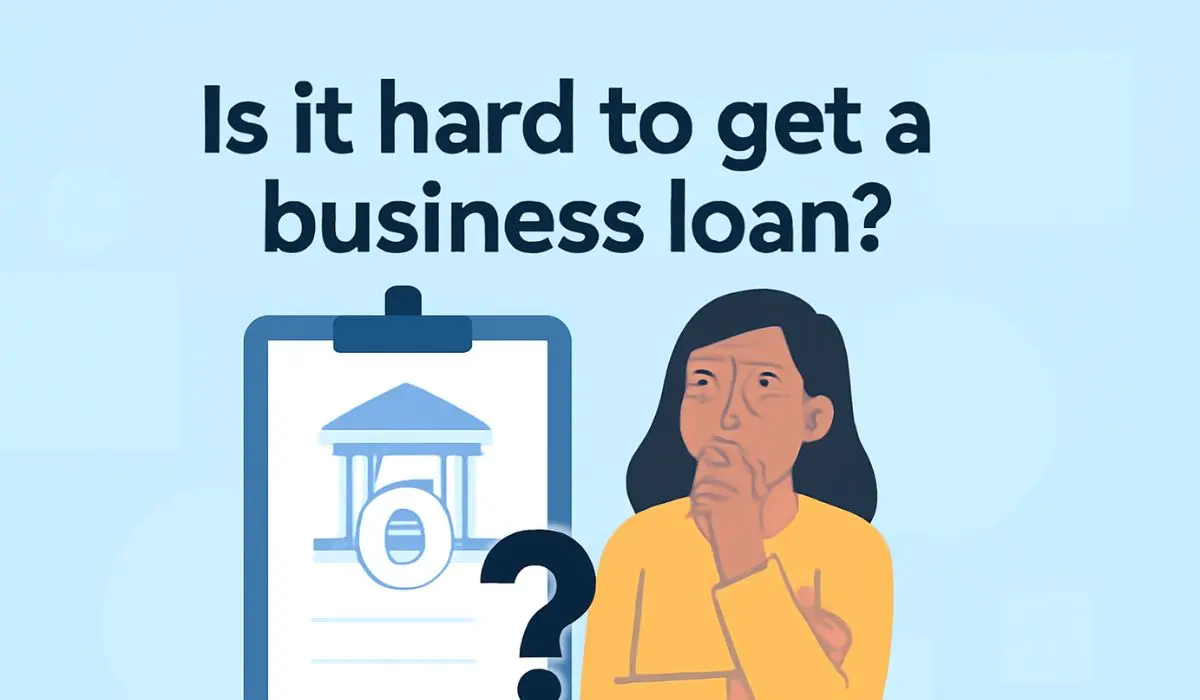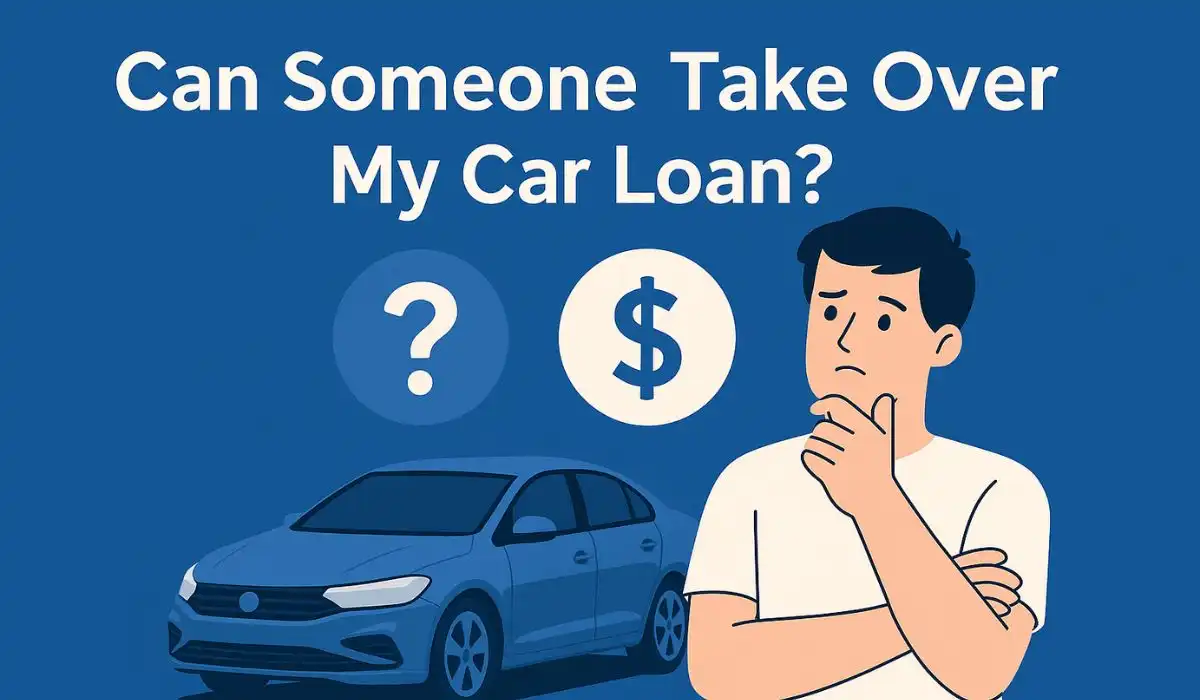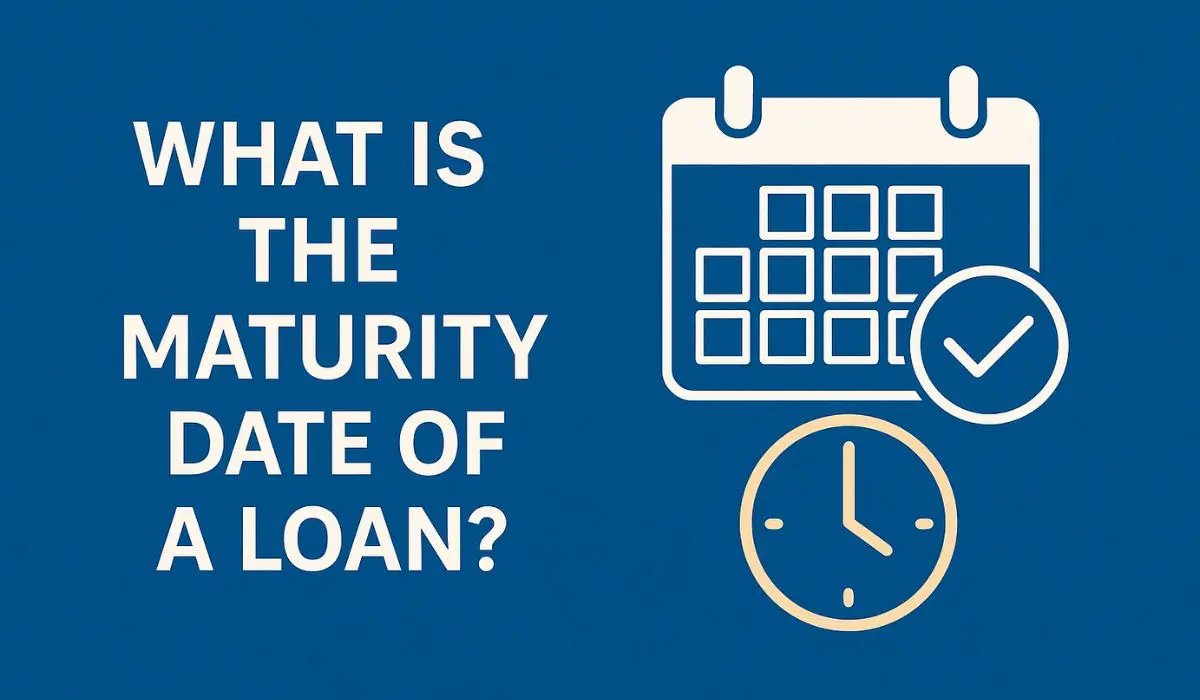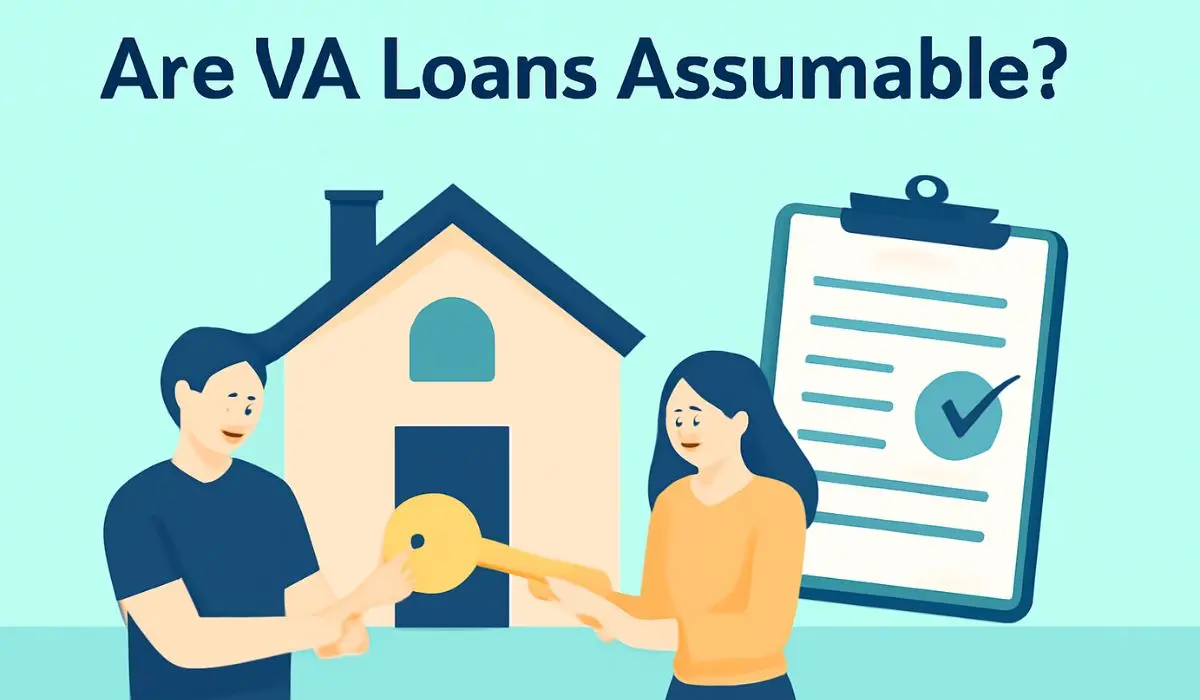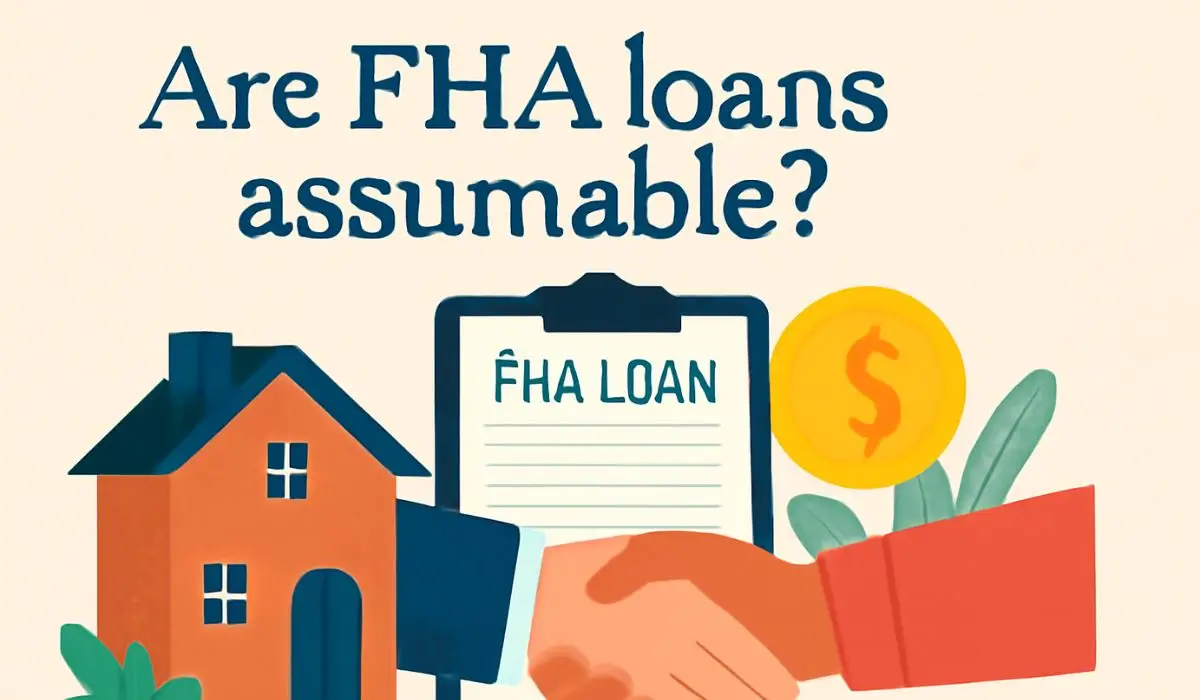Many couples are choosing a lifestyle that focuses on both partners working while not having children. This lifestyle is often referred to as the DINK life, which stands for Dual Income, No Kids.
What Does DINK Life Mean?
Simply put, the DINK life refers to couples who both work but have decided not to have children. This lifestyle allows couples to enjoy a higher level of disposable income, flexibility, and freedom, which is becoming increasingly popular among younger generations.
While the decision not to have children is personal, it’s often driven by financial considerations, lifestyle preferences, and career goals. With both partners working, couples in the DINK life can invest more in their personal development, travel, or hobbies. But there’s much more to it than just not having kids.
The Financial Benefits of Living the DINK Life
One of the most significant advantages of the DINK life is the financial freedom it offers. Here’s why:
1. More Disposable Income
Without the financial demands of raising children, DINK couples typically have more disposable income. They don’t have to worry about daycare, school fees, or the other costs that come with raising kids. This extra money can be used for things like travel, dining out, or investing in hobbies and interests.
2. Better Saving and Investment Opportunities
Since DINK couples tend to have higher disposable income, they are in a better position to save and invest for their future. Many DINK households focus on building a robust financial portfolio, which can include stocks, bonds, real estate, and retirement funds. This focus on financial growth helps secure a comfortable lifestyle long-term.
3. Housing Flexibility
Couples living the DINK life often have the financial ability to choose where they live and how much they spend on housing. For example, without the need to pay for extra bedrooms for children, DINK couples can afford more luxurious living arrangements, whether that’s an apartment in the city or a large home in the suburbs.
The Lifestyle Perks of the DINK Life
Living the DINK life isn’t just about finances. It’s also about having more time for personal interests and passions. Here are a few lifestyle perks DINK couples enjoy:
1. Freedom to Travel
With fewer responsibilities, DINK couples have more freedom to travel and explore the world. Whether it’s a weekend getaway or a month-long vacation abroad, the lack of children means that travel plans can be spontaneous and flexible.
2. More Time for Hobbies
Without the time commitment that comes with raising children, DINK couples have more time to pursue hobbies, further their careers, or focus on self-improvement. Whether it’s taking up a new sport or volunteering, there’s more room for personal growth.
3. Relationship Focus
The DINK lifestyle often allows couples to focus more on each other and their relationship. With fewer distractions and financial pressures related to raising children, DINK couples can devote time to nurturing their bond, spending quality time together, and building a solid partnership.
Challenges and Criticisms of the DINK Life
While the DINK life comes with many advantages, it’s not without its challenges. Here are some common criticisms:
1. Societal Pressures
Society often expects couples to have children, and DINK couples sometimes face judgment for choosing not to. These pressures can make some feel like they are going against traditional family norms. However, it’s important to remember that everyone’s family choices are personal, and the DINK lifestyle is valid.
2. Lack of a Support System
Some DINK couples may worry about the future. For example, if one partner falls ill or needs help as they get older, they may not have children to provide that support. This can be a challenge, and many DINKs plan ahead by building strong friendships or investing in long-term care insurance.
3. Pressure to “Have It All”
There can also be a sense of pressure to use the financial freedom and extra time to “have it all.” This might mean focusing heavily on career or material success. It’s essential to strike a balance and ensure that personal happiness doesn’t get overshadowed by the pursuit of wealth or success.
Why is the DINK Life Gaining Popularity?
The DINK life is becoming increasingly popular due to several factors. First, rising living costs have made it more challenging for many to afford children. Second, there’s a growing desire for freedom and personal growth, especially among younger generations who prioritize experiences over traditional family structures.
Additionally, with career goals and financial independence being more achievable, the DINK lifestyle fits well with these aspirations.
Conclusion: Is the DINK Life Right for You?
The DINK life offers financial freedom, personal autonomy, and lifestyle flexibility. It allows couples to enjoy their time, their careers, and their financial growth without the responsibilities that come with raising children. However, it’s important to understand the challenges and societal pressures that come with this choice.
Whether the DINK lifestyle is right for you depends on your personal preferences, financial goals, and life priorities. It’s a decision that works well for many couples who want to prioritize their careers, passions, and financial freedom. In the end, choosing the DINK life is about embracing a lifestyle that works best for you and your partner.
FAQs
The DINK lifestyle refers to couples who both work but choose not to have children, allowing them more disposable income and flexibility in their personal lives.
Disadvantages include societal pressures to have children, potential lack of a caregiving support system in old age, and the pressure to achieve financial success or material goals.
In real life, DINK refers to couples who enjoy a child free lifestyle, often focusing on their careers, personal interests, and financial stability without the responsibilities of raising children.
DINK stands for Dual Income, No Kids, describing a family structure where both partners are employed and have chosen not to have children.
DINK behavior refers to the lifestyle choices of couples who prioritize career, financial freedom, travel, and personal growth over having children.
The DINK method refers to a financial strategy where dual-income couples with no children focus on maximizing their income, savings, and investments without the financial burdens of child-rearing.

